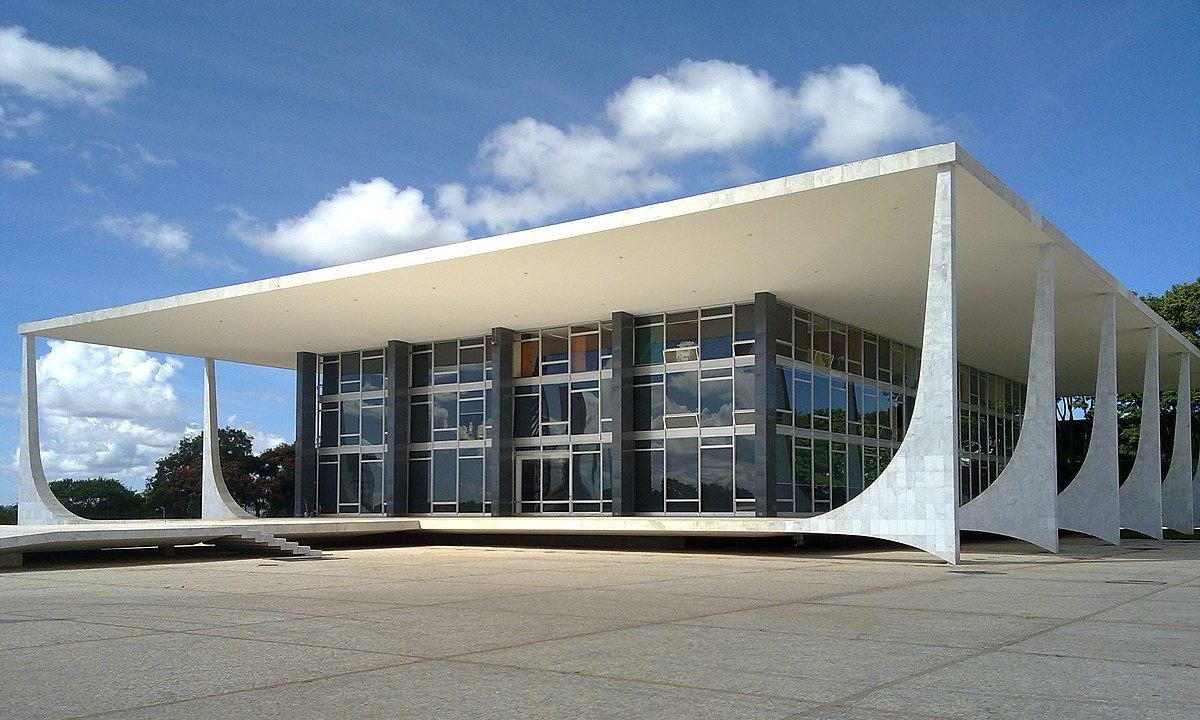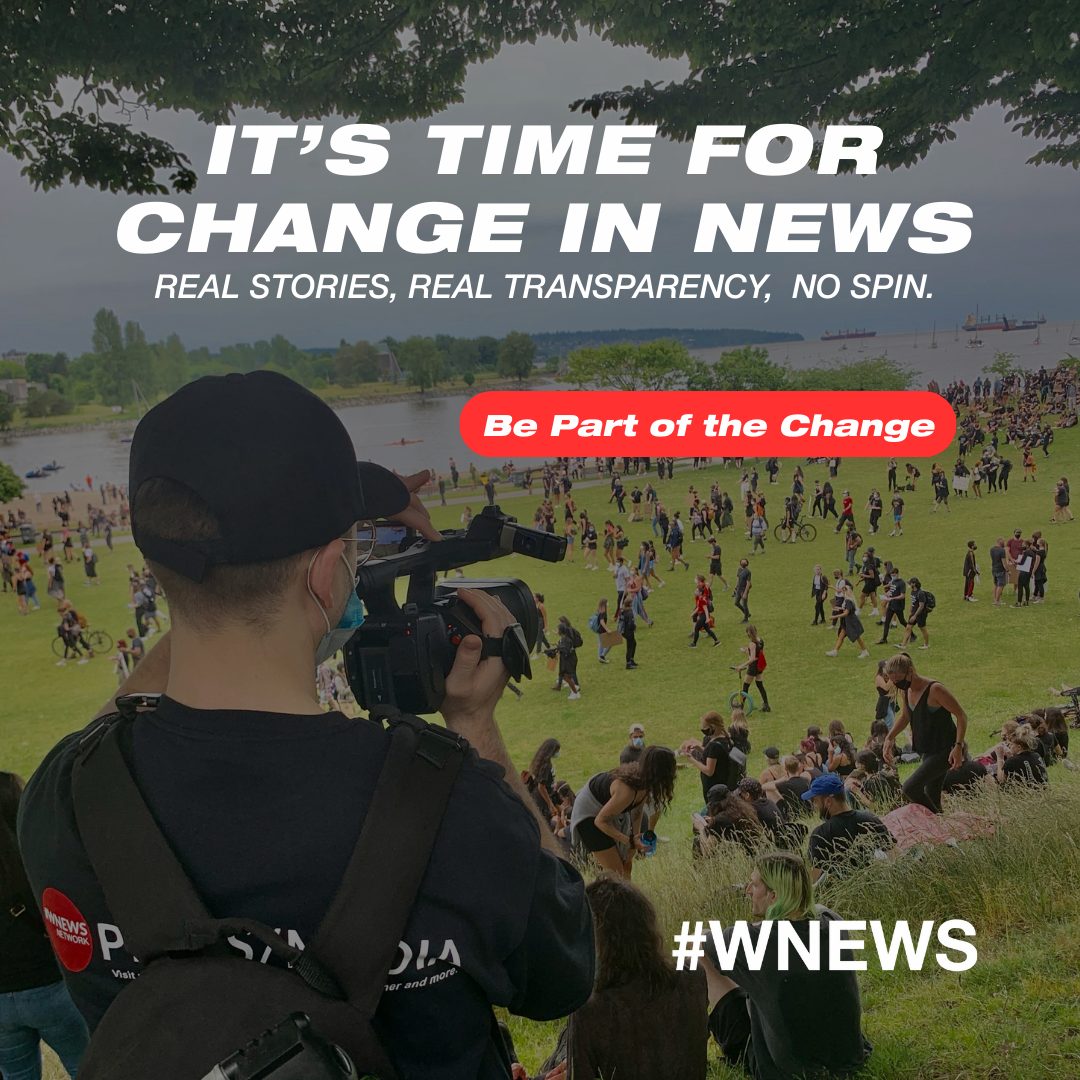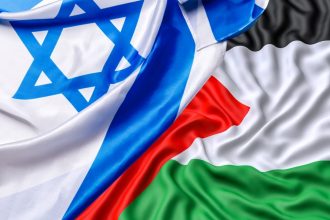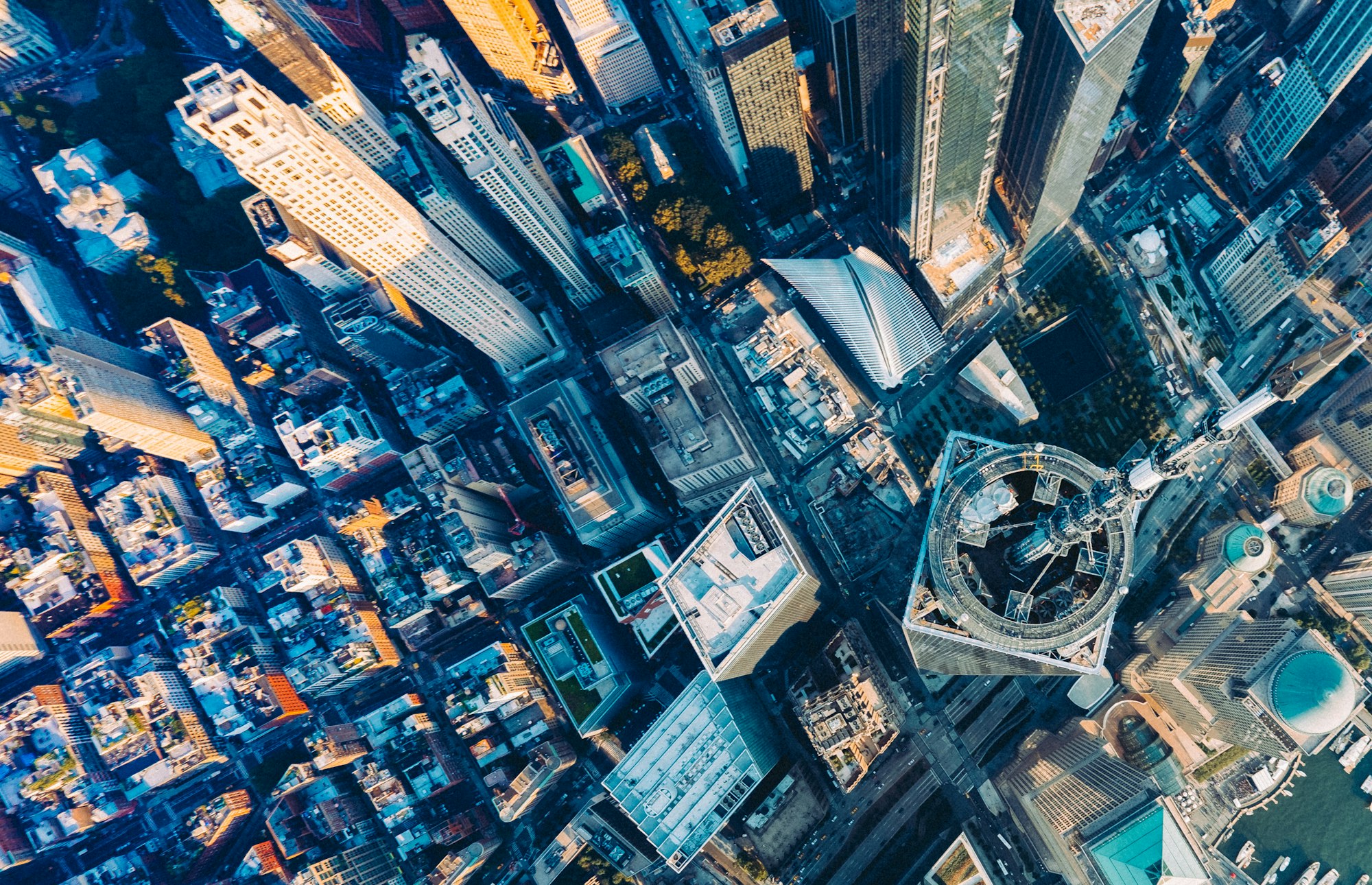In a significant escalation of tensions between tech giants and national legal authorities, a Brazilian Supreme Court judge recently ordered the suspension of X, the social media platform formerly known as Twitter, across the country. This drastic move came after X, under the ownership of Elon Musk, refused to comply with Brazilian legal demands, particularly the appointment of a legal representative within the country.
Background and Legal Conflict
The origins of this dispute date back to the administration of former Brazilian President Jair Bolsonaro. During his tenure, a rise in misinformation and hate speech on social media platforms became a focal point of concern for Brazilian authorities. To address this, Justice Alexandre de Moraes of the Supreme Court initiated investigations into what he termed “digital militias” — networks accused of disseminating fake news and hate speech aimed at undermining democratic institutions.
Justice Moraes, known for his assertive judicial approach, ordered X to block several accounts linked to these digital militias. However, Elon Musk, who acquired Twitter in late 2022 and rebranded it as X, has been an ardent supporter of unfettered free speech on social media. Musk’s philosophy often clashes with legal frameworks in various countries, particularly those that impose restrictions on speech to prevent harm, such as the incitement of violence or hate speech.
The Dispute over Legal Representation
The conflict intensified when Justice Moraes demanded that X appoint a legal representative in Brazil. Such a representative is typically responsible for ensuring the company’s compliance with local laws, including court orders related to content moderation. X’s refusal to comply with this demand was seen by the Brazilian judiciary as a direct challenge to its authority and the rule of law in Brazil.
Musk and X argued that complying with Justice Moraes’ orders, which included the removal of certain content and sharing of user data, would amount to illegal censorship and an infringement on free speech rights. Musk’s public statements framed the legal orders as overreach by the Brazilian judiciary, portraying X as a defender of global free speech principles against authoritarian censorship.
Suspension and Shutdown of Operations
In response to X’s defiance, Justice Moraes ordered the suspension of the platform across Brazil. This is one of the most severe actions taken by a national government against a global social media platform, effectively cutting off millions of Brazilian users from accessing X. The judge’s decision highlighted the broader debate over the balance between free speech and the need to regulate harmful content on social media platforms.
In a swift reaction to the court’s order, X announced the complete shutdown of its operations in Brazil. The company cited concerns over the safety of its employees, given that Justice Moraes had allegedly threatened the arrest of X’s legal representatives if they failed to comply with court orders. Musk called the decision to exit Brazil a difficult but necessary move to preserve the integrity of the platform and its commitment to free speech. He accused the Brazilian judiciary of engaging in secret censorship and illegal demands for private information.
Broader Implications
This standoff between X and the Brazilian judiciary has significant implications for the global operations of social media platforms. It underscores the challenges that these companies face in navigating the complex and often conflicting legal environments of different countries. While platforms like X advocate for a universal approach to free speech, national governments maintain their sovereign right to impose laws and regulations within their borders, especially when it comes to maintaining public order and safety.
The Brazilian case is also a stark reminder of the potential consequences for companies that choose to defy local laws. The suspension of X in Brazil not only impacts the company’s operations but also raises questions about the future of global tech governance and the role of international companies in upholding or challenging local legal norms.
In conclusion, the suspension of X in Brazil following its refusal to comply with judicial demands marks a critical moment in the ongoing global debate over the limits of free speech and the responsibilities of tech companies. As this legal battle continues to unfold, it will likely serve as a precedent for how other countries might approach similar conflicts with global tech giants.











